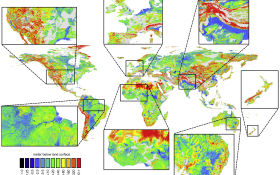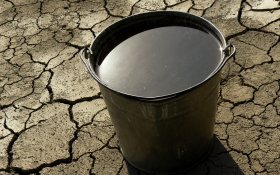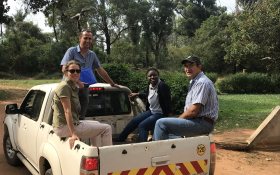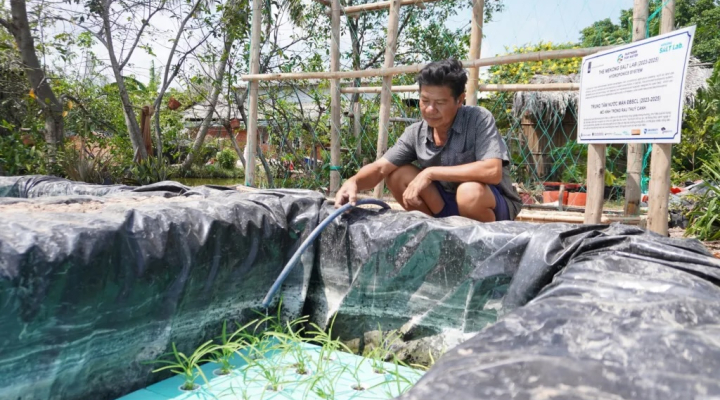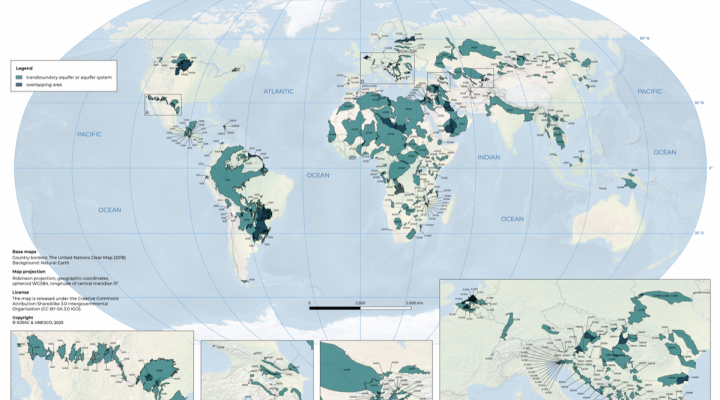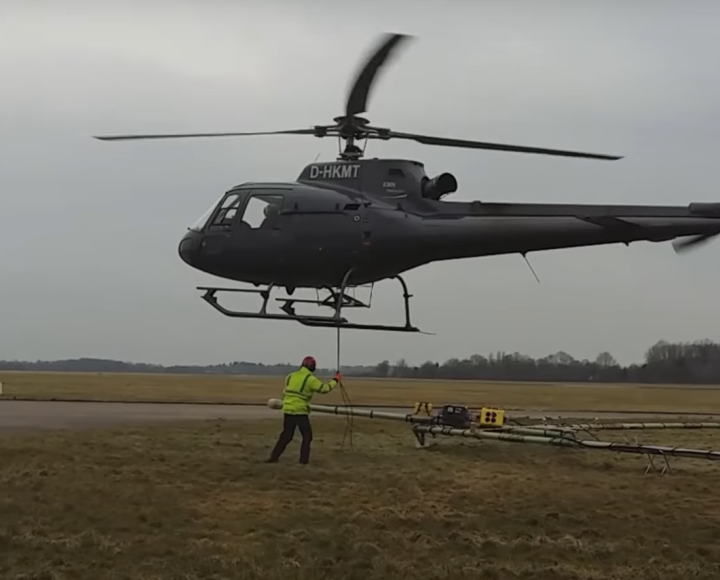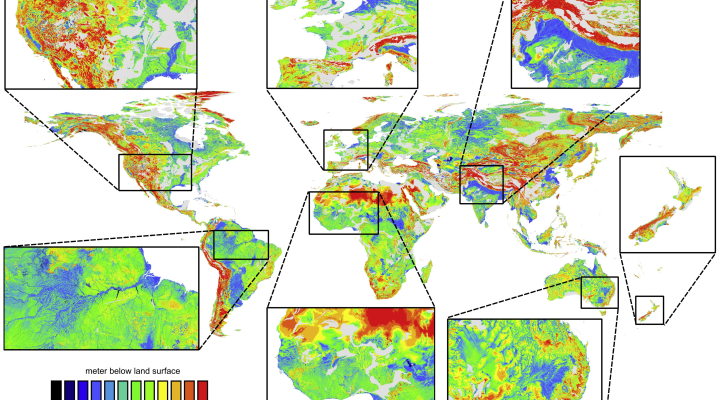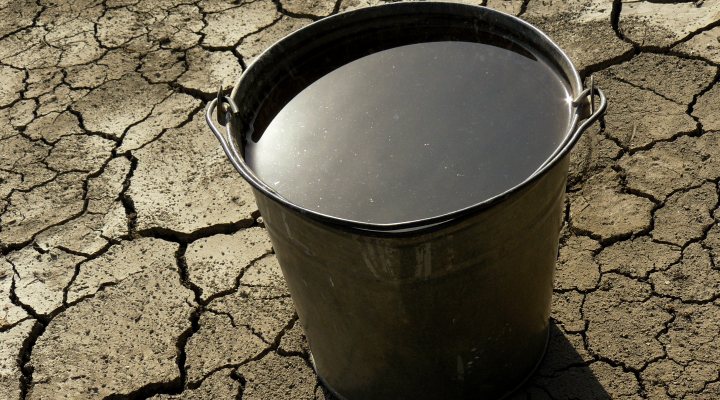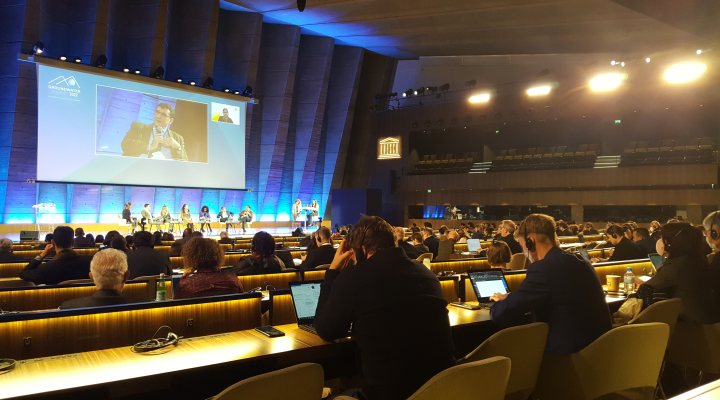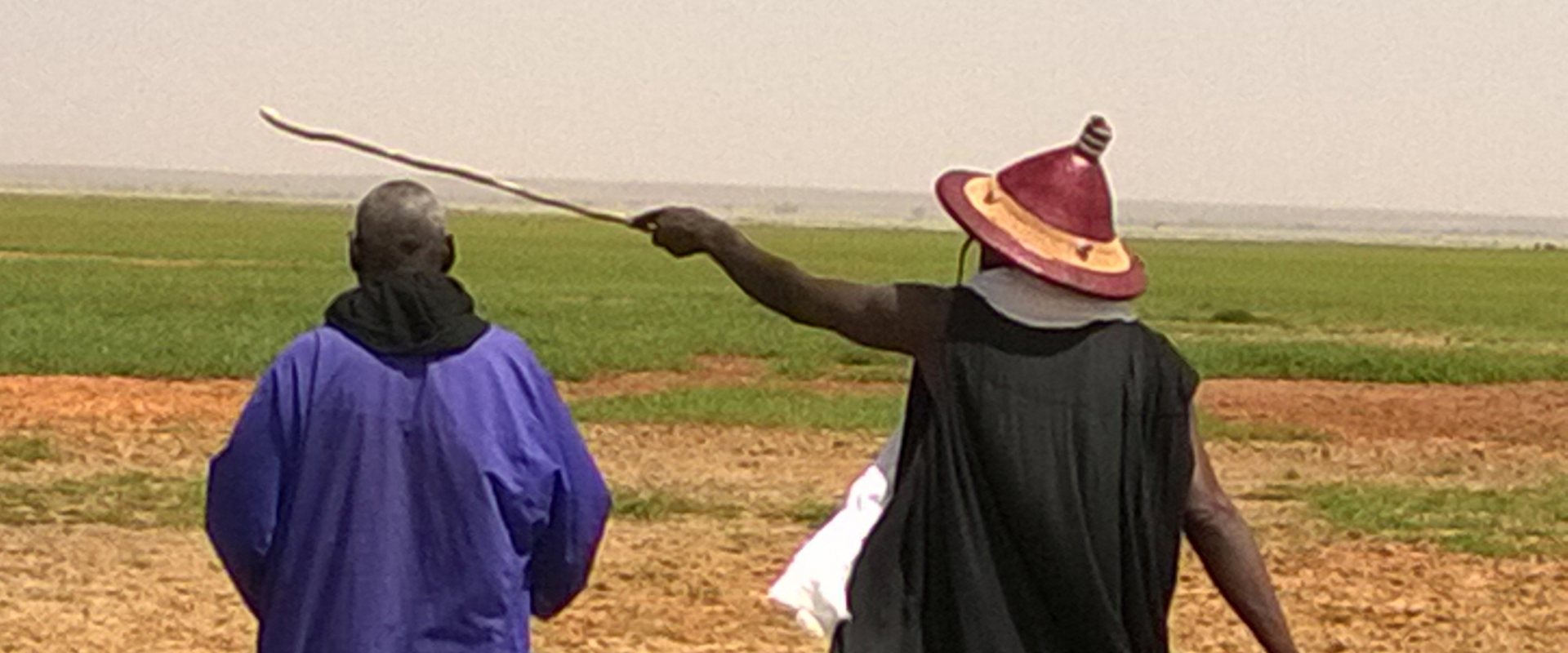
Support for Mali land commissions to avoid drought conflicts
Netherlands Enterprise Agency (RVO) announced a LAND-at-scale project in Mali that aims to strengthen local governance for the management of land-use conflicts and protection of customary rights.
Land disputes are expected to intensify when drought intensity rises and water gets more and more scarce.
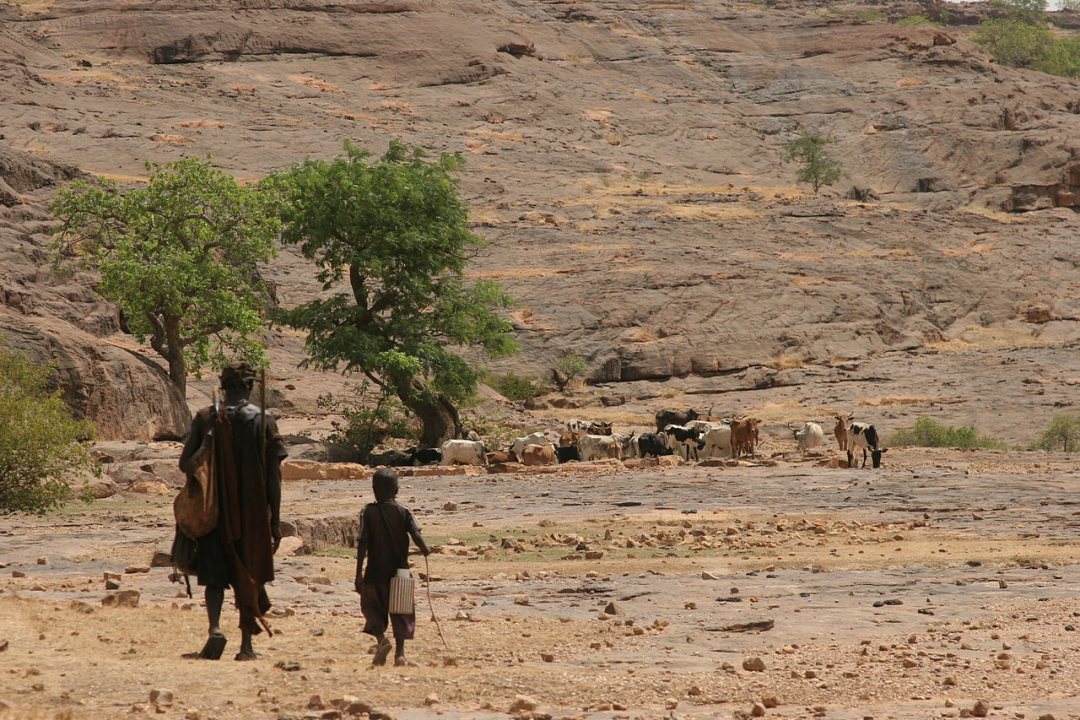

Land administration and planning
RVO’s LAND-at-scale Programme aims to support developing countries in improving their land administration and land-use planning, building multi-stakeholder networks, access to justice support in case of land conflicts, with a special focus on inclusion of women, youth and vulnerable people.
In Mali, the newly started project focuses specifically on land commissions, which are responsible for conflict mediation and local land security. However, only 30 percent of Mali's communes have set up such a land commission.
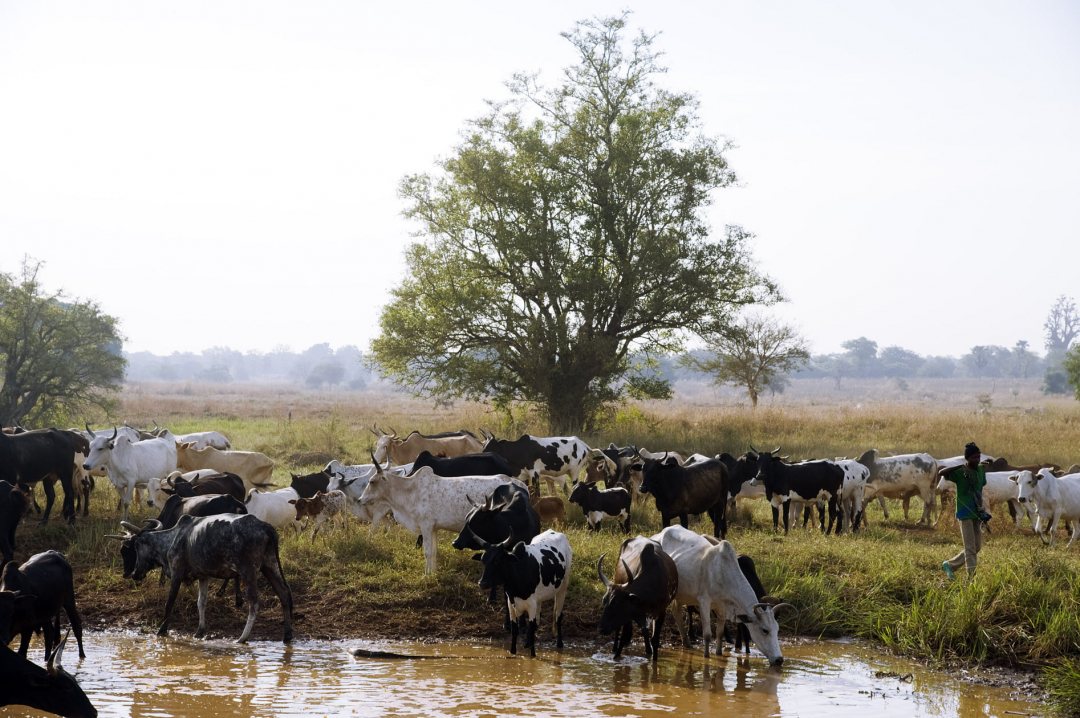

Land conflict resolution capacity
By establishing and strengthening the capacity of land commissions, the projects aims to increase the country’s conflict resolution capacity. Ultimately, the intervention is to promote stability, food security, climate-resilient agricultural development and natural resource management, paying particular attention to the inclusion of women and pastoralists.
The intervention will run until 2023 and has a budget of 1.3 million euro.
Scarce water resources
About 80 percent of Malians depend on agriculture for their livelihood. To secure food production, they rely heavily on the rainy season, as well as supply by groundwater and rivers.
Mali is arid, largely covered by desert and accustomed to extreme weather events. With the expected climate change and the (subsequent) increase in temperature, natural resources such as water will become even more scarce. Agricultural activities will move to places where there is less water scarcity but the change in land-use will spark even more conflicts.
Such conflicts already exist between farmers (fixed at plots) and pastoralists (moving around with grazing livestock). The two groups argue over their rights to land and water for quite some time.
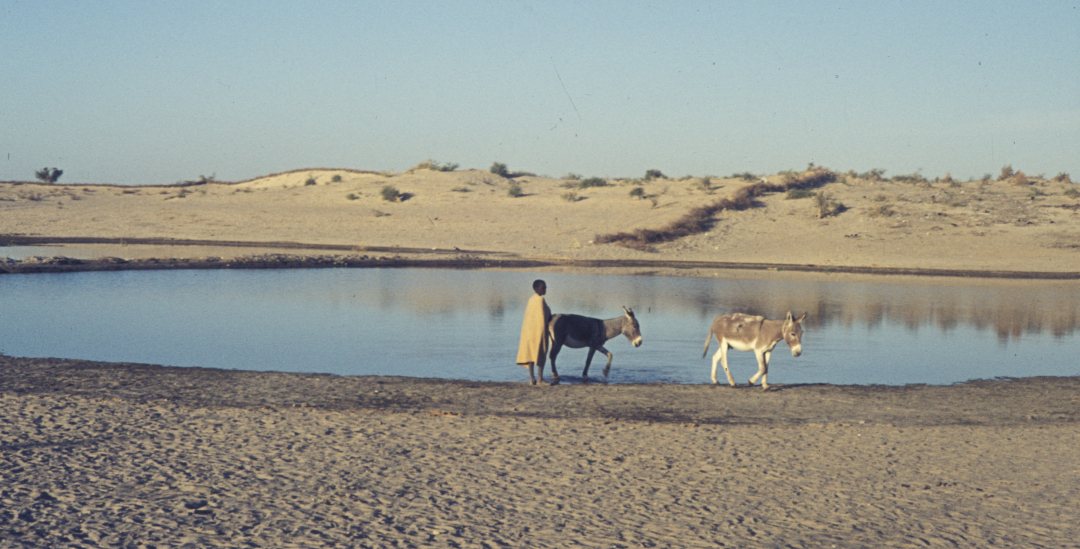

Customary rights
Smallholder farmers and pastoralists access land through customary land tenure systems. Given the important role that customs plays in rural areas, formal legal recognition of these customary rights is important. According to Boukary Guindo, Project Manager at SNV, land security is a basis for agricultural productivity, food stocks, income generation and social protection. SNV will be the leading project partner.
“Inclusive and transparent land management institutions”, Guindo continues, “will contribute to the resilience and food security of households, as well as the well-being of different user groups, including women, youth and other secondary rights holders.”
Other project partners are the Embassy of the Kingdom of the Netherlands (EKN) in Bamako, the Royal Tropical Institute (KIT), the University of Legal and Political Sciences of Bamako and the National Coordination of Peasant Organisations.




